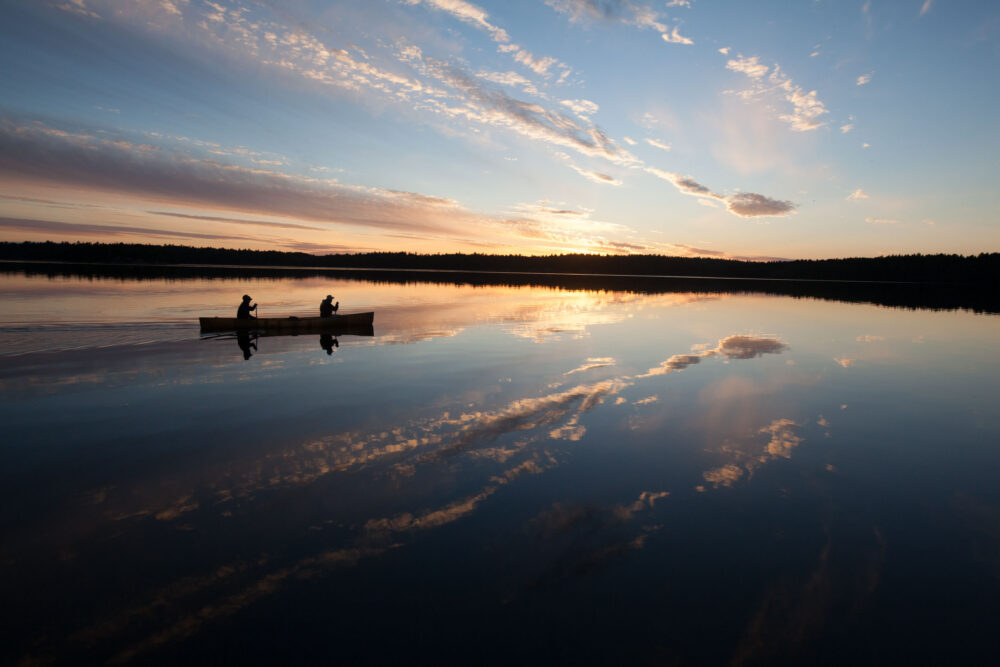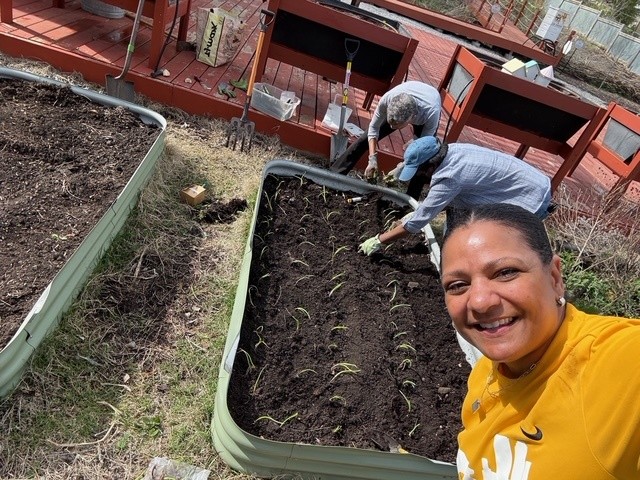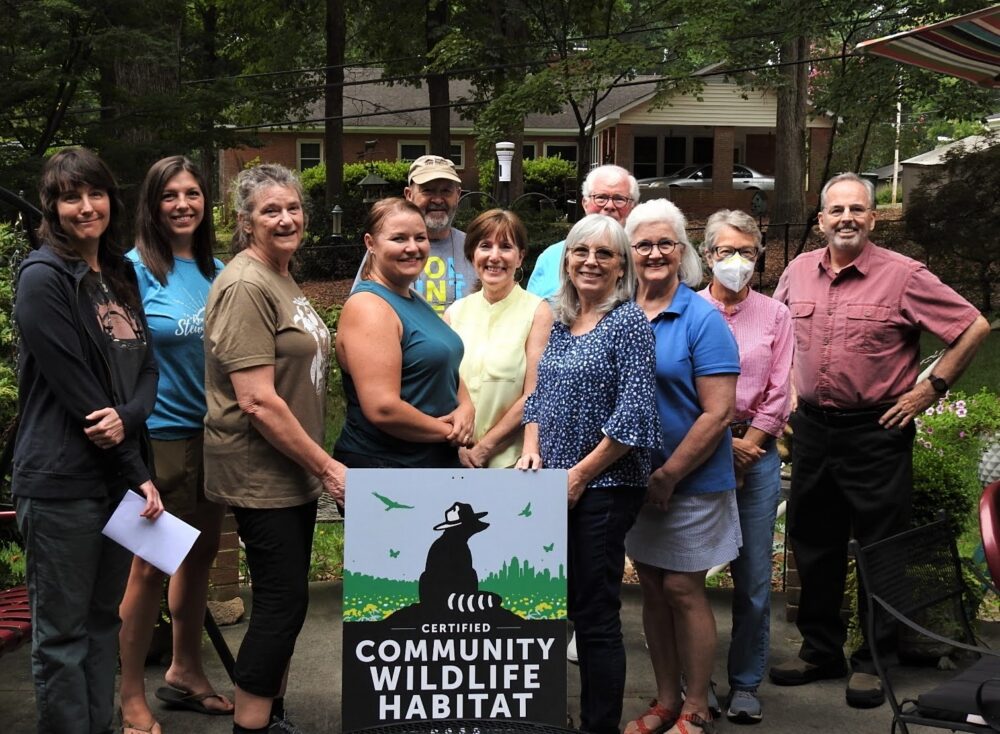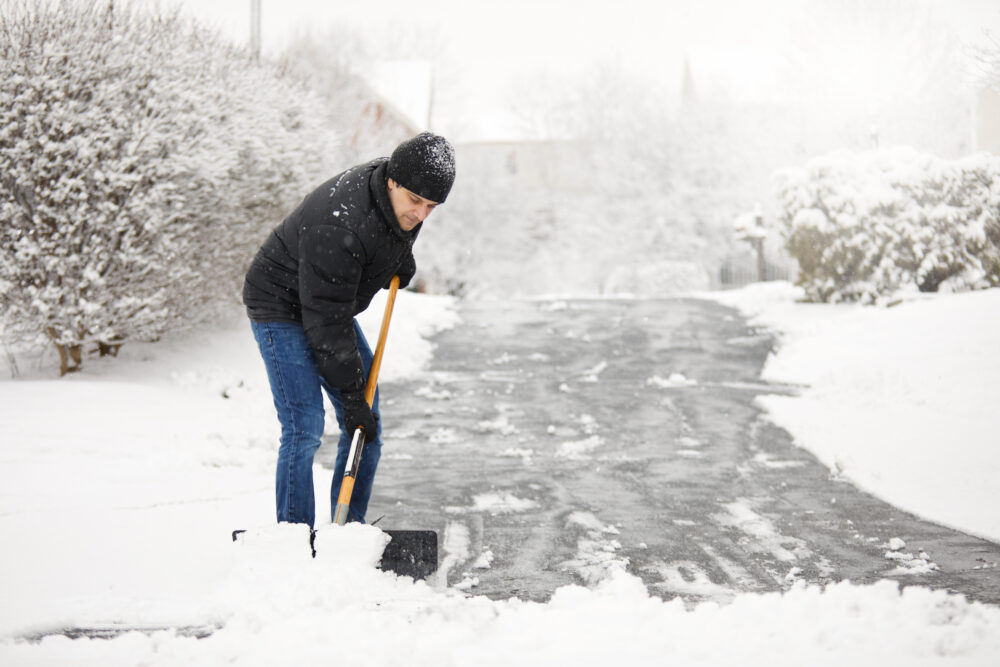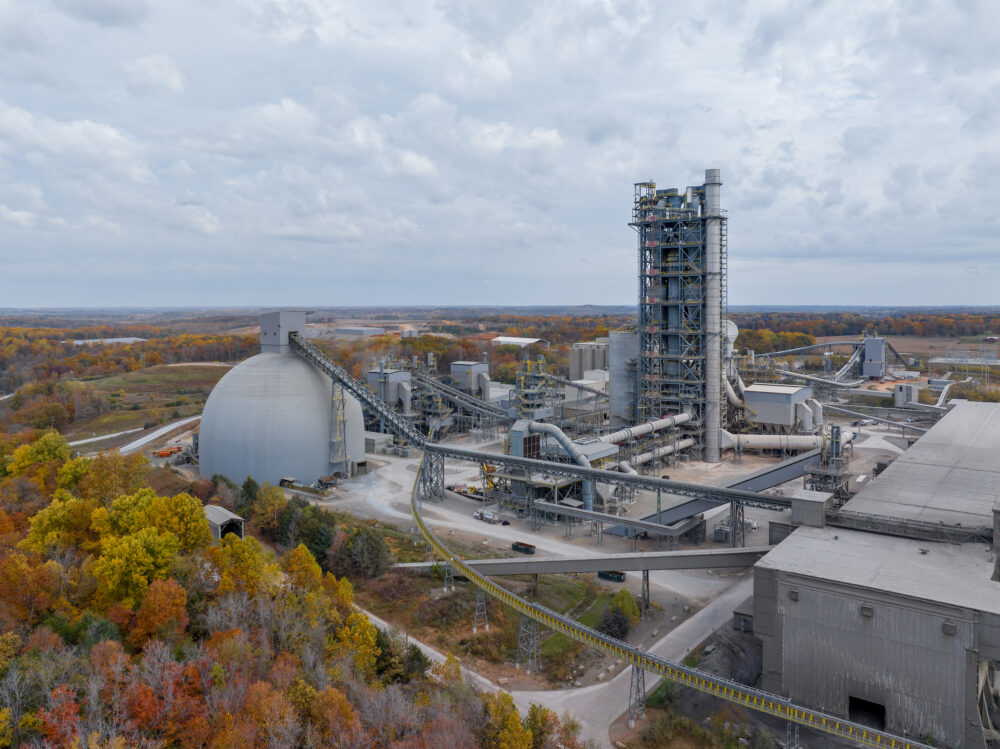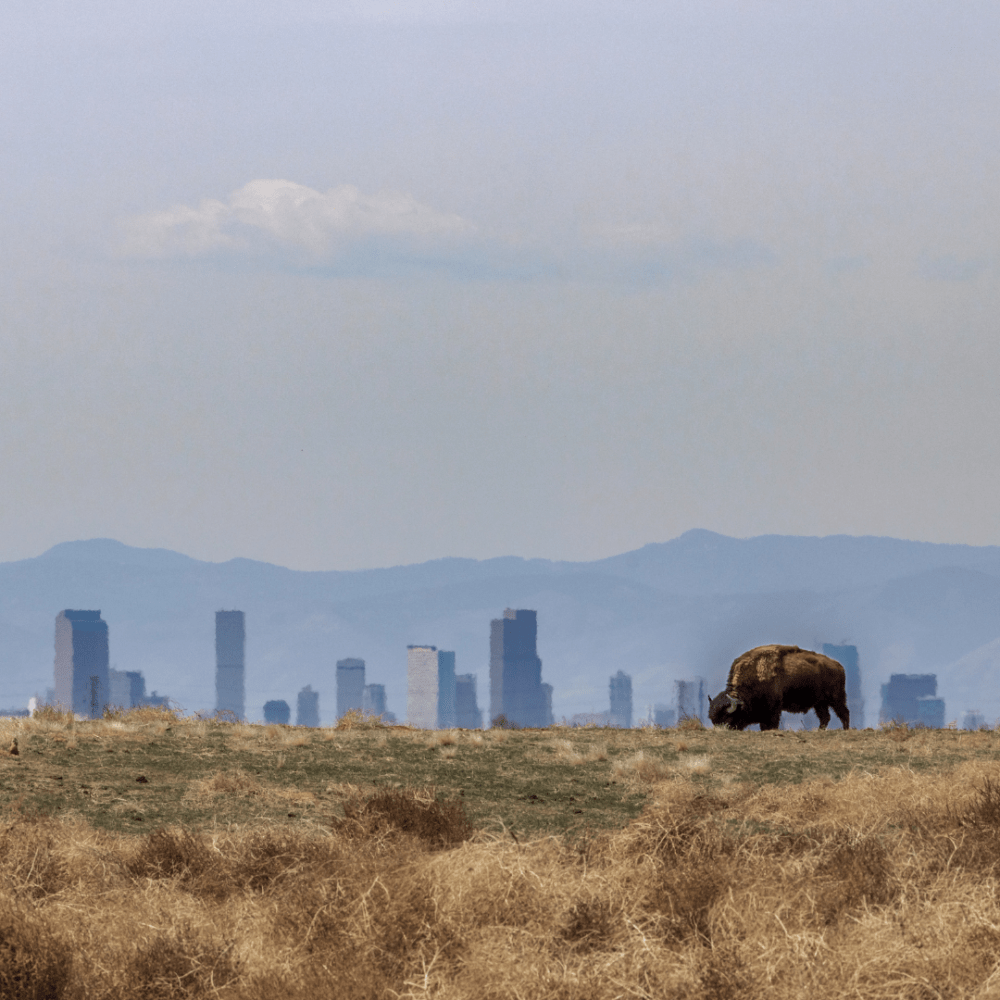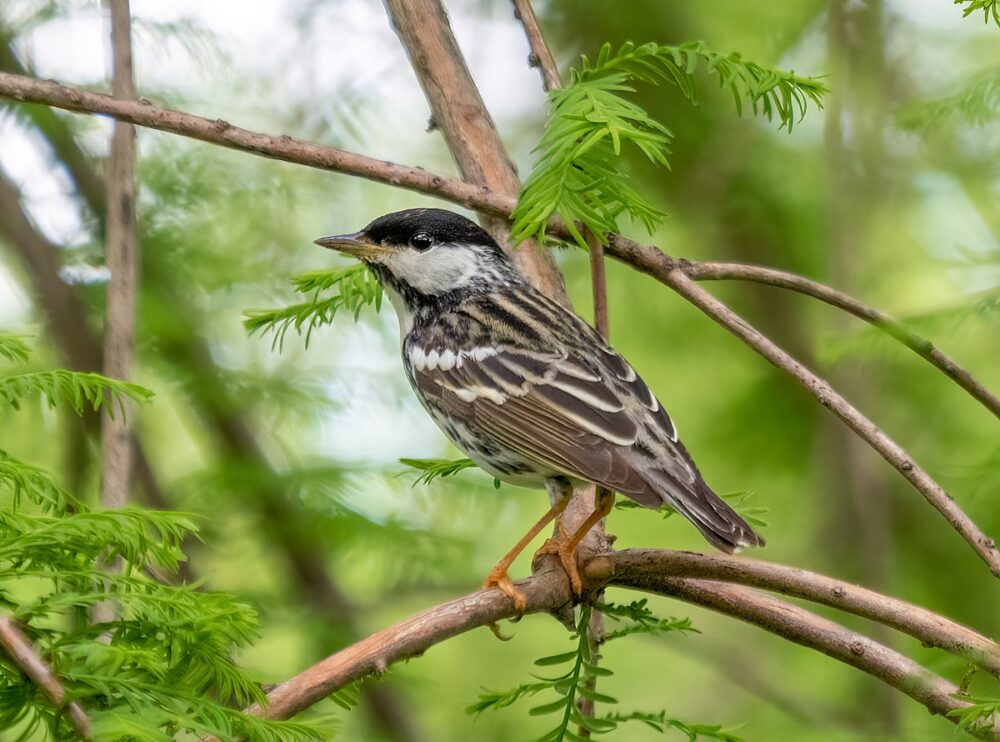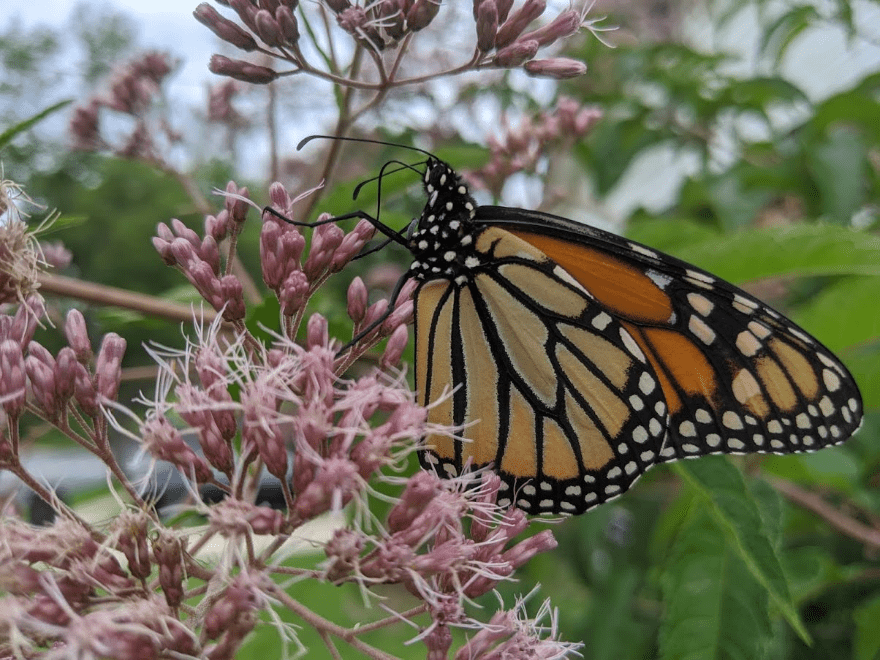We have much more to do and your continued support is needed now more than ever.
6 Excuses to Avoid Yard Work This Fall
They grow. They turn brilliant colors. They capture our hearts. Then they make a mess. Leaves can be a hassle, but put the rake down for a moment. It turns out, leaving the leaves in your yard is beneficial to both wildlife and the environment. Here are a few excuses to avoid garden cleanup.
1. Provide Habitat for Wildlife
Salamanders, frogs, toads, box turtles, invertebrates and a number of other species rely on leaf litter. The leaves provide cover and nest materials for many species. Some animals are just too shy for heavily landscaped gardens.
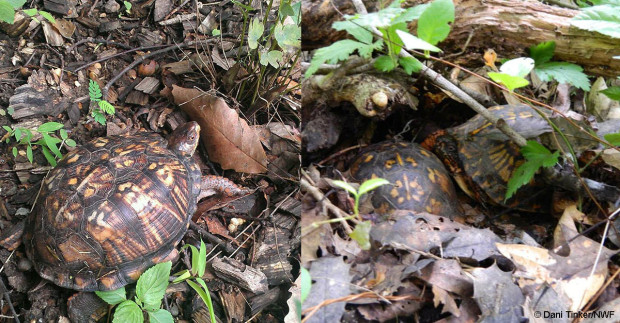
2. Provide Nutrients for Organisms
Catering to the leaf litter helps maintain a healthy ecosystem in your yard. “Every resident of the leaf litter—or visitor to it—is connected to the food web in some way,” says Elizabeth Johnson, a program manager with the American Museum of Natural History’s Center for Biodiversity and Conservation. Birds will also feed on the seed heads and stalks of native flowers through winter.
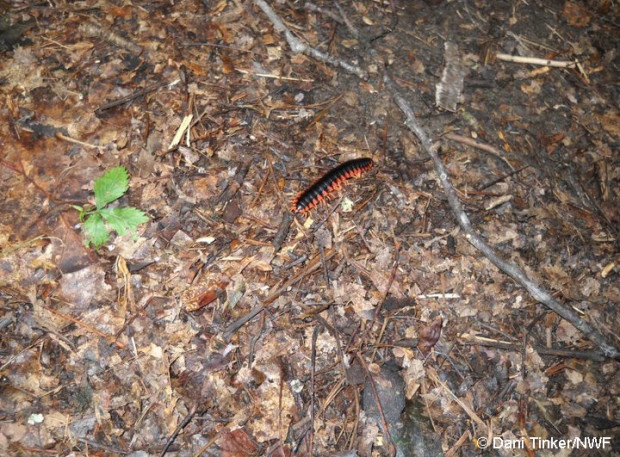
3. Reduce Waste
Yard debris are taken to a landfill and dumped, where layers of waste stall the process of decomposition. The Environmental Protection Agency reported that in 2011, yard trimmings accounted for 13.5% of solid waste (approximately 33 million tons). Don’t let your leaves be wasted, they have critical benefits to wildlife and your garden.
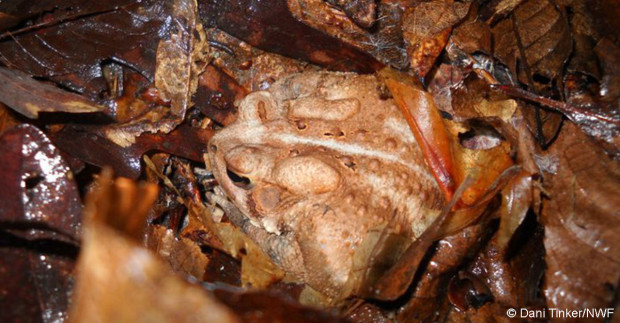
4. Increase Fertility of Your Soil
As plant material decomposes, nutrients are added to your soil. Composting and leaf mold piles allow for even more nutrients to develop, which can then be added to your garden. Leaving leaves also allows for greater water retention.
5. Reduce Pollution
Leaf blowers pollute. The trucks that haul yard debris pollute. The fertilizers used in place of natural nutrients pollute. The eco-friendly methods to dispose of your Autumn leaves, however, will eliminate these sources of pollution. Laziness never felt so good.
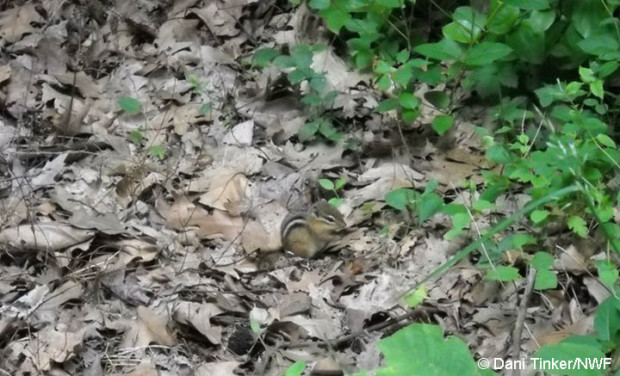
6. Save Time
Imagine all the time you’ll save by not having to clear all the leaves from your yard. That time could be spent on other projects, like building an amphibian house, to still get active and relax outdoors. You don’t have to ditch the rake completely, you can use it to move leaves onto your flower beds or onto a compost or leaf mold pile.
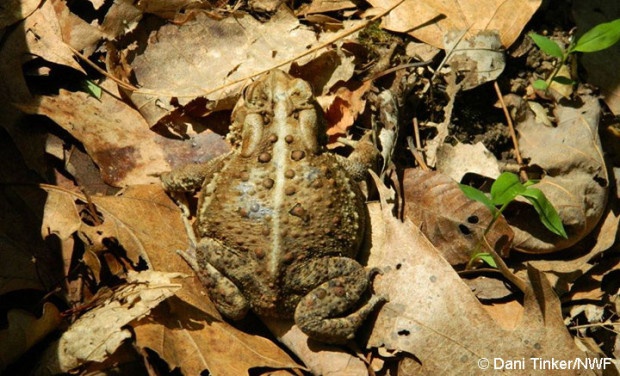
How to Leave the Leaves
There is more than one way to ecologically handle leaves and other yard debris. Here are a few:
- Leaf Mold: This is one of the easiest things to do with your dead leaves. Basically, pile them in a corner of your yard and let them decompose over time. It’s different than composting (see below) in that it is only leaves, no additional organic matter is added. Leaf mold improves soil structure and water retention. Learn the details and make leaf mold in your yard.
- Composting: This practice reduces the amount of debris in landfills, while creating fertile new soil for your garden. Compost adds nutrients to your soil, and can be added to your garden in addition to the leaf mold. Learn how to compost with worms.
- Save Up: Store excess leaves in paper bags until the spring and summer, when you have limited access to carbon-rich organic materials for compost.
- Leave the Leaves: This can provide nutrients and protection to your garden. Plus, you have an excuse to avoid the work!
- Share Leaves: You have a lot of trees, and too many leaves? That’s a good problem to have. Your neighbors, local farms, schools, campuses and gardens will add your leaves to their leaf mold or compost pile.
- Build a Wildlife Brush Shelter: You can attract a variety of wildlife by creating a brush shelter. It’s easy to build and you’ll be supporting an abundance of wildlife in the process. Read more about the benefits of a brush shelter and how to build one.
- Make Decorations: Create beautiful Autumn decorations for natural materials, like leaves.
- Make Leaf Prints: Get some paint, collect your favorite leaves, and make leaf print arts and crafts.
- Play: Your yard full of leaves can become an Autumn obstacle course or playground. Just pile and jump!
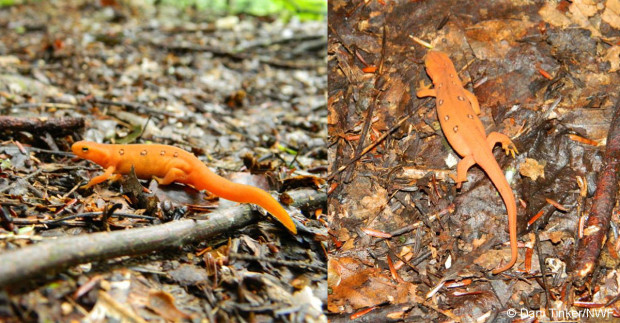
Become a Wildlife Gardener with National Wildlife Federation. It’s free and you’ll get great wildlife gardening tips and learn how to certify your garden as an official habitat.
Learn More!
Find out more about the benefits of fallen leaves in our on Leave the Leaves content series:

